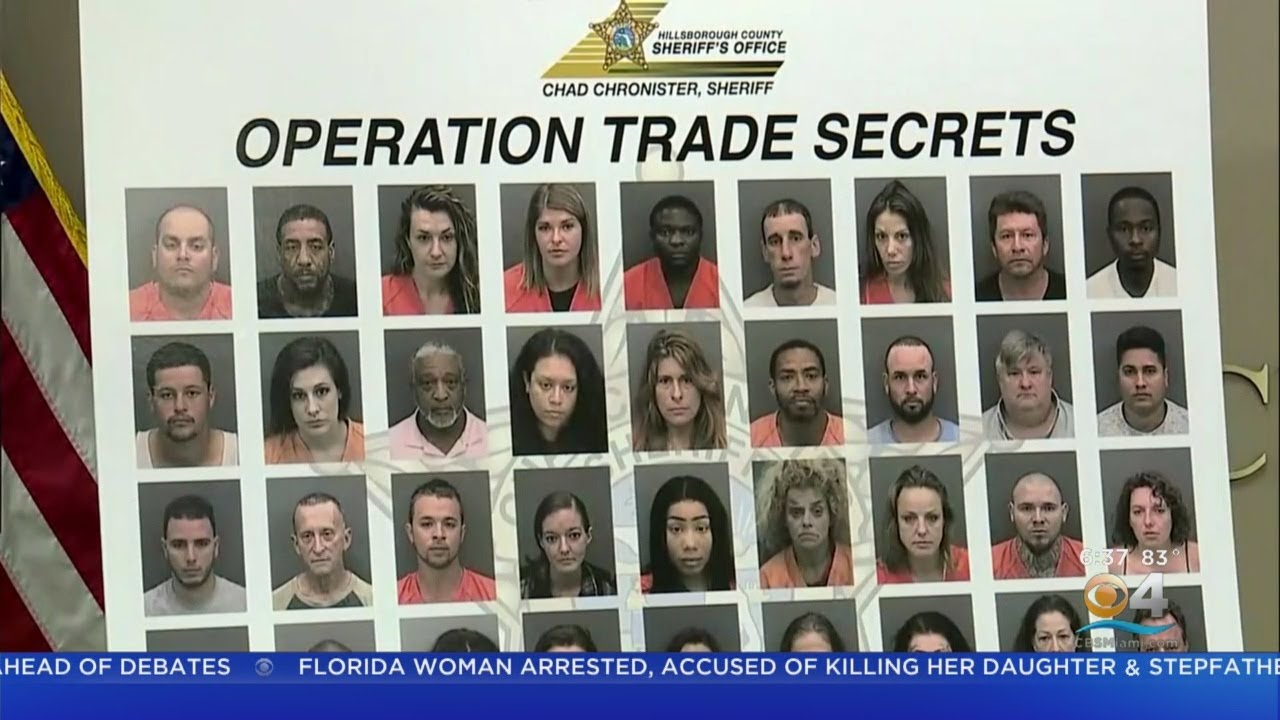
NGOCSTIP – Florida’s Shocking Human Trafficking data in 2024 has shaken the nation. According to a study by the University of South Florida, more than 700000 people became victims of modern slavery across the state. This number includes an estimated 500000 individuals trapped in labor trafficking and nearly 200000 subjected to sex trafficking. Of those, around 100000 were minors who faced unimaginable suffering. Many of these individuals were undocumented migrants working in low-wage sectors such as agriculture, tourism, or construction. These industries often offer little to no protection, making workers extremely vulnerable. The report aims to uncover the scale of a crisis long hidden behind economic growth and booming industries. The human cost of these sectors has rarely been quantified in such alarming detail. This crisis calls for urgent attention to policies that fail to protect those in the shadows of Florida’s economy.
Florida’s Shocking Human Trafficking report reveals how laborers working off the radar endure extreme hardship in silence. Many of these victims enter the country as undocumented migrants with hopes of building a better life. Instead, traffickers force them into abusive labor through threats of deportation or physical harm. These individuals face constant fear while working in construction sites, farms, or hotel kitchens. Employers in these industries often seek cheap labor and avoid proper oversight, creating the perfect conditions for exploitation. Migrants usually avoid reporting abuse because their legal status makes them fear exposure. Traffickers monitor them closely and deceive them with false promises about immigration help. Society often ignores their voices and struggles. The report calls for immediate improvements in labor protection and accessible reporting channels. These laborers drive essential sectors of Florida’s economy, yet the system consistently denies them justice, safety, and recognition.
“Read about: Criminal Enterprise Exploiting Hope: Donkey Route to US Foiled in India”
The 2024 report reveals one of the most disturbing findings nearly 100000 minors experience human trafficking. Many traffickers exploit children through labor or sex work, using lies, poverty, or broken family systems to trap them. In some cases, people the children trust carry out the trafficking. Others target them through social media or shady job offers. These young victims face unimaginable psychological and emotional damage. The trauma often stays with them for life. Predators manipulate their vulnerability to maintain control. Authorities and communities must recognize these warning signs early and take action. Children deserve safety, stability, and protection from those who seek to harm them. Addressing this issue requires more education, stronger laws, and direct support for at-risk youth.
Recovery is possible but difficult due to trauma, stigma, and lack of support systems. Florida’s lack of adequate child protection infrastructure contributes to the continuation of this crisis. Intervention is frequently too late, and prevention efforts fall short. Law enforcement and social service agencies require better coordination and training. Investment in education, community outreach, and family support programs is vital to stop child trafficking before it begins. These children deserve protection, not exploitation.
Industries such as tourism, agriculture, and construction are major contributors to Florida’s economy. However, these same industries are also breeding grounds for exploitation. The report from the University of South Florida connects these sectors with a high prevalence of trafficking victims. Employers often outsource labor through shady contractors, making accountability difficult. This system allows traffickers to operate in plain sight without fear of consequences. Workers are often overworked, underpaid, and isolated from society. Safety standards are ignored. Reporting mechanisms are either nonexistent or inaccessible to non-English speakers. These industries benefit from cheap labor while workers bear the weight of abuse. Ethical oversight is sorely lacking. Companies must be held accountable through regular inspections, worker protections, and transparent hiring practices. Consumer awareness can also play a role in pressuring businesses to clean up their supply chains. Florida cannot continue to prioritize economic gain over basic human rights and safety.
“Read more: Compatibility Checklist for Buying Garage Door Transmitters”
While the numbers in Florida’s human trafficking report are daunting, they offer a clear roadmap for change. Public awareness must be prioritized, as many citizens remain unaware of the extent of the crisis. Schools, local governments, and community organizations should integrate trafficking education into their programming. Safe reporting channels need to be expanded and widely publicized, especially for non-citizens. Law enforcement and healthcare professionals should receive comprehensive training to identify and assist victims. The data used in the study came from 30 organizations across sectors, proving that collaboration is essential. Effective anti-trafficking efforts require both top-down policy changes and grassroots engagement. The state must also increase funding for shelters, legal aid, and rehabilitation services. Every person in Florida deserves safety and dignity regardless of background or immigration status. Only by acting on these findings can a more just and humane future be built for all residents of the state.